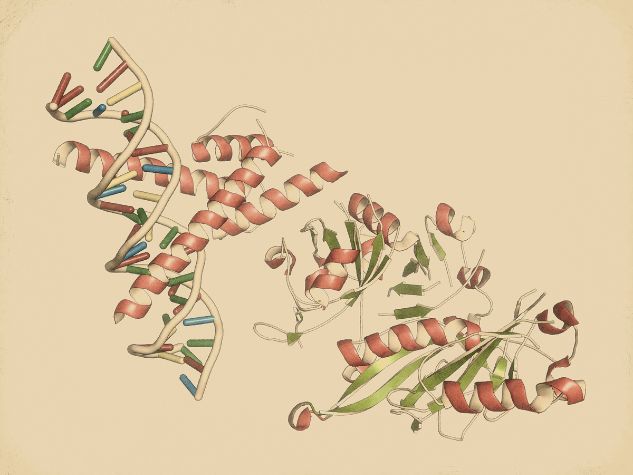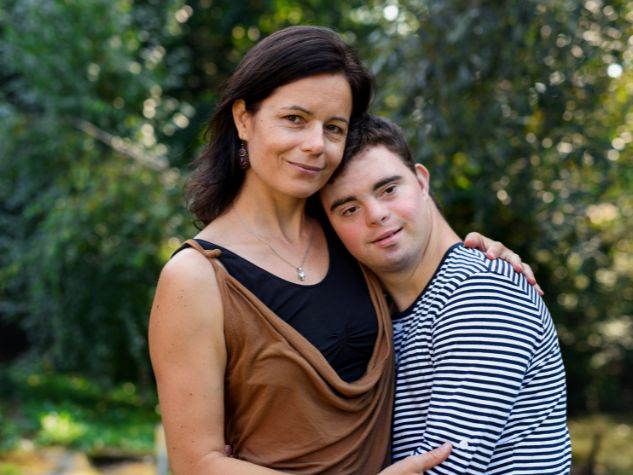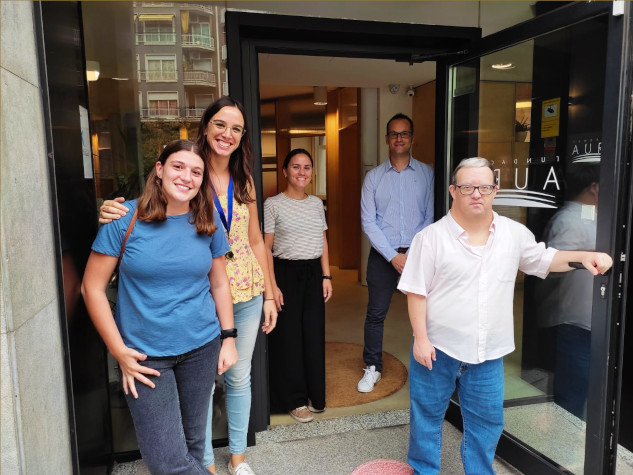How to Support Individuals with Down Syndrome in Overcoming Loss and Grief
Life is filled with experiences, some brimming with joy and others marked by sorrow. For individuals with Down syndrome, navigating losses and grief can present unique challenges. In this article, we will explore how to provide compassionate support to help them through these difficult times, recognizing the importance of empathy and understanding in this emotional journey.
- Understanding Losses:
Before addressing how to support in overcoming grief, it’s essential to comprehend the various losses that can impact individuals with Down syndrome. These may include the loss of loved ones, changes in daily routines, adjustments in social environments, and, in some cases, the loss of skills or abilities. Sensitively acknowledging these losses is the first step in offering meaningful support.
- Fostering Open Communication:
Communication is key when it comes to helping someone cope with loss. For individuals with Down syndrome, who may sometimes face challenges in verbal expression, it’s crucial to use diverse communication methods. Sign language, visual images, and other forms of non-verbal communication can be effective tools in encouraging the expression of emotions and thoughts.
- Creating a Supportive Environment:
Establishing an environment where individuals with Down syndrome feel safe to express their emotions is fundamental. This involves listening without judgment, showing empathy, and providing emotional support. Having a circle of friends and family who understand the emotional needs of the affected person can significantly contribute to overcoming grief.
- Facilitating Therapeutic Activities:
Engaging in therapeutic activities can be beneficial in helping individuals with Down syndrome express and process their emotions. Music, art, and occupational therapy are approaches that can be tailored to individual capacities, offering a creative outlet for emotional expression and healing.
- Supporting Routine and Structure:
Individuals with Down syndrome often find security in routine and structure. During periods of grief, maintaining a consistent routine can offer emotional stability. However, it’s also crucial to be flexible and allow adaptations based on the needs of the affected person. Striking the right balance between stability and flexibility is essential for their emotional well-being.
- Providing Support Resources:
Having specific resources can be crucial for overcoming grief. Support groups, counseling services, and tailored informational materials can offer guidance and comfort. Facilitating access to these resources helps individuals with Down syndrome and their families better understand and manage their emotions during the grieving process.
- Encouraging Social Inclusion:
Social inclusion plays a vital role in overcoming losses. Maintaining connections with friends, family, and the community provides a valuable support system. Encouraging participation in social and community activities can help counteract the sense of isolation that sometimes accompanies grief.
Assisting individuals with Down syndrome in overcoming losses and grief requires a sensitive, compassionate approach tailored to individual needs. By providing a supportive environment, fostering open communication, and facilitating therapeutic activities, we can contribute to the emotional healing process. Recognizing and respecting the uniqueness of each person with Down syndrome, we can build a path of support that enables them to face adversity with strength and resilience. This is a shared journey, and our empathy and understanding are the most valuable tools we can offer on this path to recovery.

















